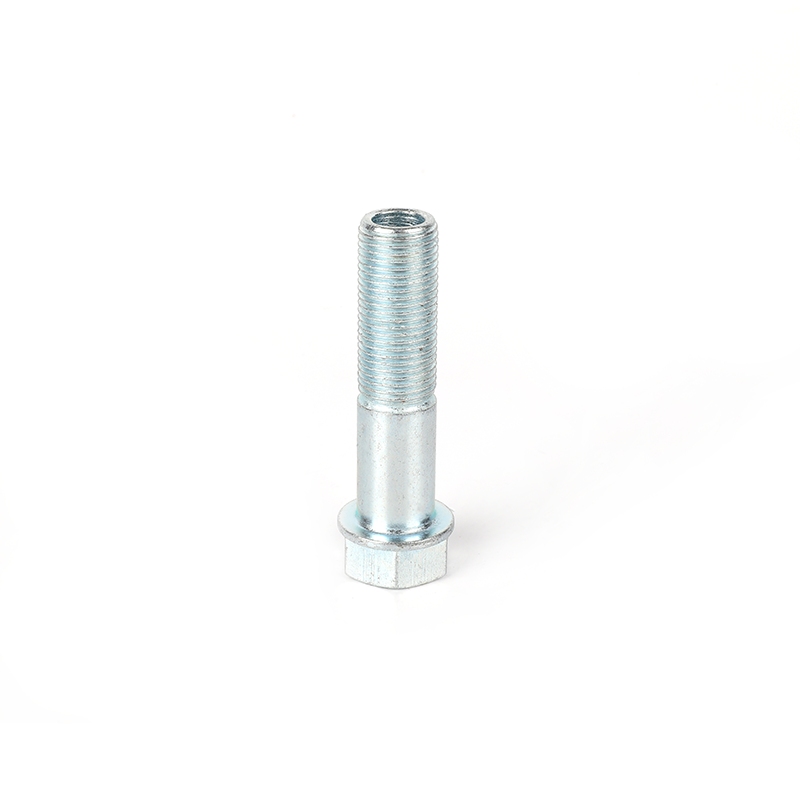Room 102, Building 13, Area A, Wanyang Zhongchuang Park, Ganyao Town, Jiashan County, Zhejiang China.

To ensure a secure, leak-free connection with oil pipe screws, consider the following best practices:
Proper Material Selection:Choose oil pipe screws made from materials resistant to corrosion and suitable for the specific fluid being transported, such as carbon steel, stainless steel, or alloy materials.Correct Torque Specifications:Always follow manufacturer-recommended torque specifications when tightening screws to avoid over-tightening or under-tightening, which can lead to leaks or failures.
Use of Gaskets and Sealing Materials:Incorporate appropriate gaskets or sealing materials to create a tight seal between mating surfaces, ensuring effective leak prevention.Surface Preparation:Ensure that the surfaces of the pipes and screws are clean and free from debris, rust, or oil before installation to facilitate proper sealing.

Alignment:Align pipes and components accurately before tightening the screws to prevent misalignment, which can cause stress and potential leaks.Regular Inspections:Conduct regular inspections of installed screws and connections to identify signs of wear, corrosion, or leaks, and address issues promptly.
Installation Tools:Use calibrated torque wrenches to apply the correct torque evenly across all screws to maintain uniform pressure and prevent localized stress.Temperature and Pressure Considerations:Account for variations in temperature and pressure when selecting screws and seals, as these factors can affect material behavior and connection integrity.
Training and Guidelines:Ensure that personnel involved in the installation and maintenance of oil pipe screws are well-trained in best practices and safety procedures.Documentation:Maintain records of installation procedures, torque settings, and inspection results to track performance and identify trends that may indicate potential issues.
By following these best practices, you can enhance the reliability and longevity of oil pipe screws, ensuring secure and leak-free connections in oil extraction systems.

Fix anchorbolts include bolts, washers, nuts and 4PCS cylindrical shields. By tightening the bolts, the shields tubes expand and the components can be...
See Details
Flange bolts are specially used to tightly connect pipes and components with flanges. We produce flange bolts are solid t and durablethat, compling wi...
See Details
The Grade 8.8 black oxide full-thread hexagon socket bolts have an internal hex design and needs to be used with a wrench with a hex head. Its full th...
See Details
Grade 8.8 black oxide full-thread hexagon bolts is a very common fastener and requires a wrench or hex wrench to tighten it. Our hex head bolt meet th...
See Details
This product is made of high-quality carbon steel and undergoes a rigorous heat treatment process. It has high strength, good elasticity and toughness...
See Details
This 304 stainless steel plain full-thread hexagon bolt is a kind of fasteners made of high-quality stainless steel material and has corrosion resista...
See Details
This plain round flat head weld shoulder bolt is a fastener suitable for a variety of welding applications. Its flat head and round head design makes ...
See Details
This Grade 12.9 zinc plated countersunk head square neck plow bolt has the advantages of high precision, high operability, high strength, and high ten...
See Details